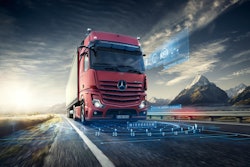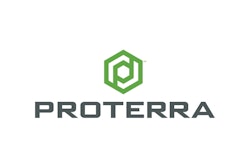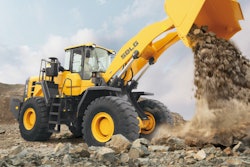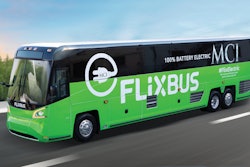Los Angeles is one of many cities around the world looking to reduce its emissions to improve the health of its citizens as well as that of the planet. On November 26, the city introduced its Transportation Electrification Partnership 2028 2.0 which sets ambitious regional goals for the implementation of electric vehicles as well as new investments in infrastructure.
The partnership was initially introduced in May 2018; it is a multi-year partnership between local, regional and state stakeholders who will accelerate progress toward transportation electrification and zero emissions transport of people and goods. The aim is to reduce greenhouse gas (GHG) and air pollution 25% by 2028 in advance of the city hosting the Olympic and Paralympic Games.
Partnership initiatives
Through the Transportation Electrification Partnership, Los Angeles is looking to achieve emissions-free transport throughout the region, including when visitors and athletes arrive and travel to the Olympic games. The city will invest in sufficient charging infrastructure for electric vehicles to eliminate range anxiety for drivers.
Quality of life—beyond the health benefits associated with reducing emissions—is also a driving factor. One of the partnership's guiding principles is to grow the Greater LA regional economy through transportation electrification. This is achieved in part by new job creation as many electric vehicle and other necessary technology companies expand or move operations to the region. The city is also looking to enhance quality of vehicles, job creation and improved access to mobility.
Industry aids in achieving goals
BYD is one of the many companies participating in Roadmap 2.0. The company's North America President Stella Li attended the kickoff event along with area leaders including Los Angeles Mayor Eric Garcetti and the mayors of Santa Monica and Culver City.
“As an innovator and global leader in the manufacture of electric vehicles, BYD believes Roadmap 2.0 is a perfect place to showcase cutting-edge zero-emission technologies, like our buses and trucks, which are manufactured and assembled right here in Los Angeles County,” said Li. “Tuesday’s event shows that Los Angeles’ support of clean vehicle technology benefits its residents and stands as a beacon of innovation for the rest of the country.”
BYD’s participation in this regional effort includes:
- The announcement earlier this month that the Los Angeles Department of Transportation ordered 130 of its battery-electric K7M buses, the largest single order of battery-electric buses to date in the United States.
- The order of 40 of BYD’s K9M 40-ft. buses earlier this fall by LA Metro, adding to the 60 buses the agency has already ordered.
- The repeat order, approved earlier this month, by the City of Long Beach for 14 additional K9Ms.
- The delivery of the first of 20, 60-ft. K11s to Los Angeles World Airports.
- The delivery of the first of 30 C10 motor coaches to the Antelope Valley Transit Authority. AVTA’s switching its entire fleet of transit and commuter buses to BYD built battery-electric buses, a move that will be completed in 2020, well ahead of a state mandate to be converted by 2040. These buses were built with American Steel.
- BYD is nearing its 400th battery-electric bus delivery in North America. The 400th bus will be for Los Angeles World Airports.
BYD has sold more than 460 electric buses to customers in Southern California including airports, universities, private operators and transit agencies.
The buses will be built at BYD’s Coach & Bus factory in Lancaster, CA. BYD’s zero-emission buses not only meet but also exceed Federal Transit Administration “Buy America” requirements, incorporating more than 70% U.S. content.
Additional vehicle manufacturers taking part in the partnership include Proterra and Tesla.



















